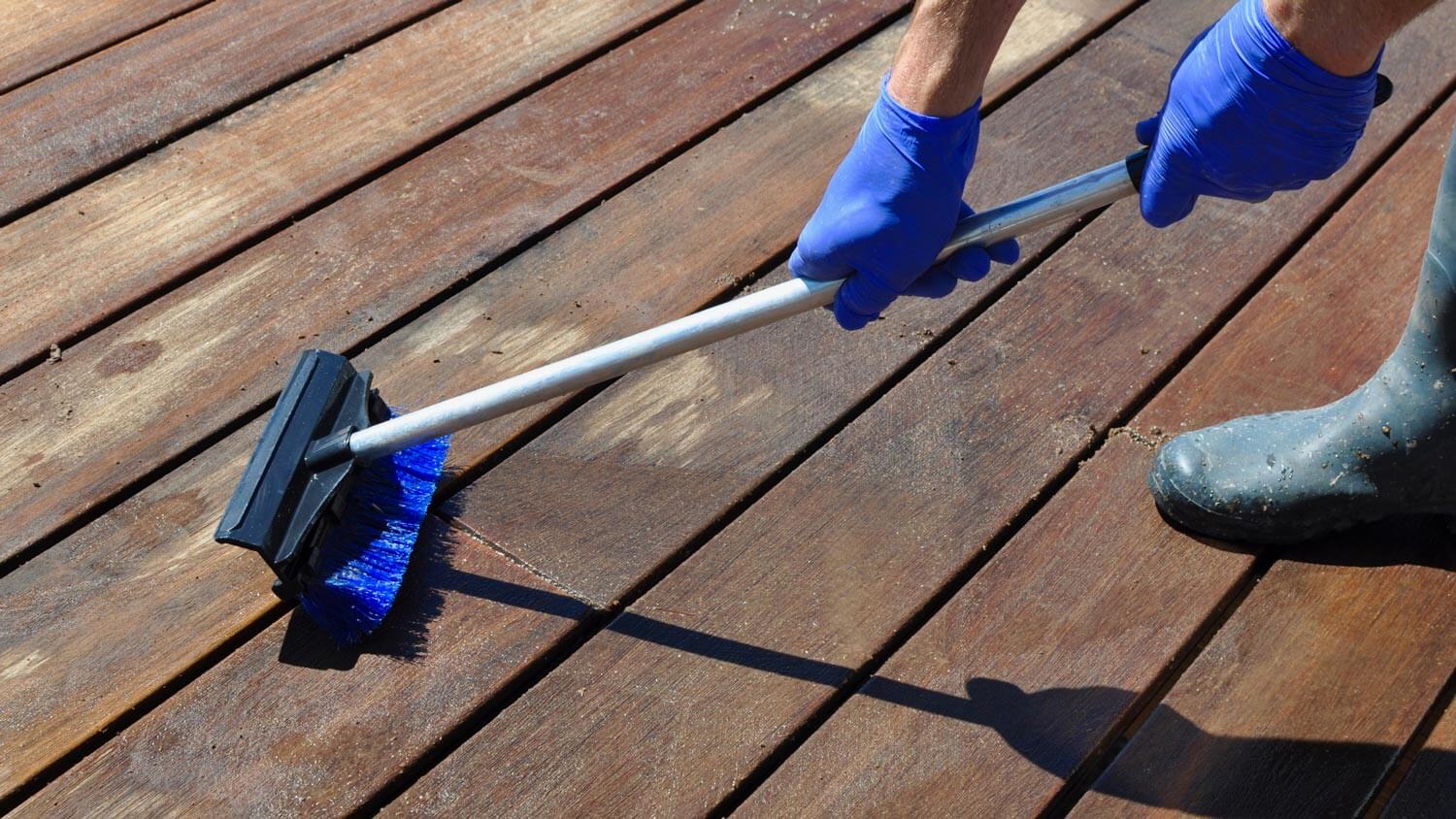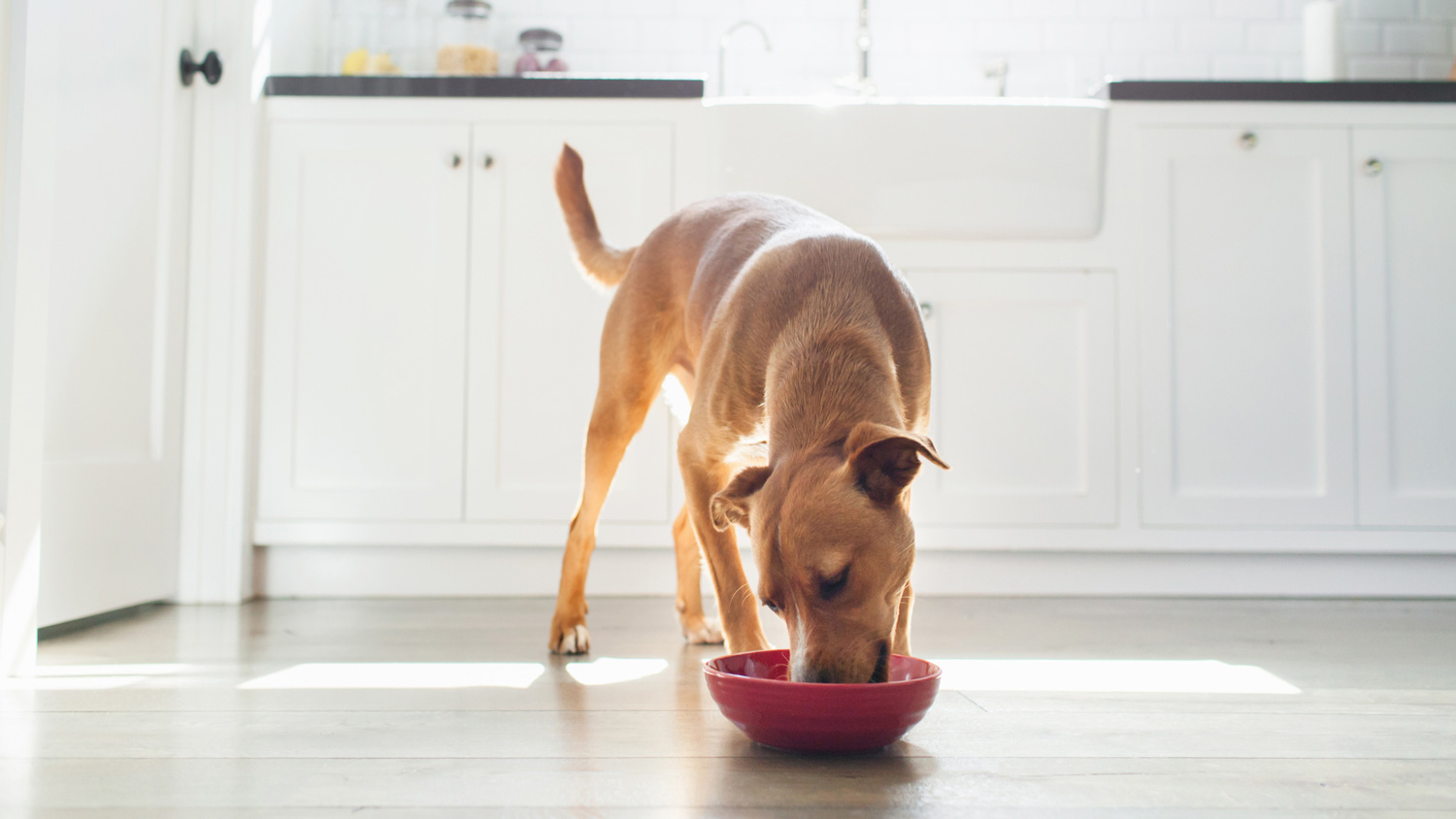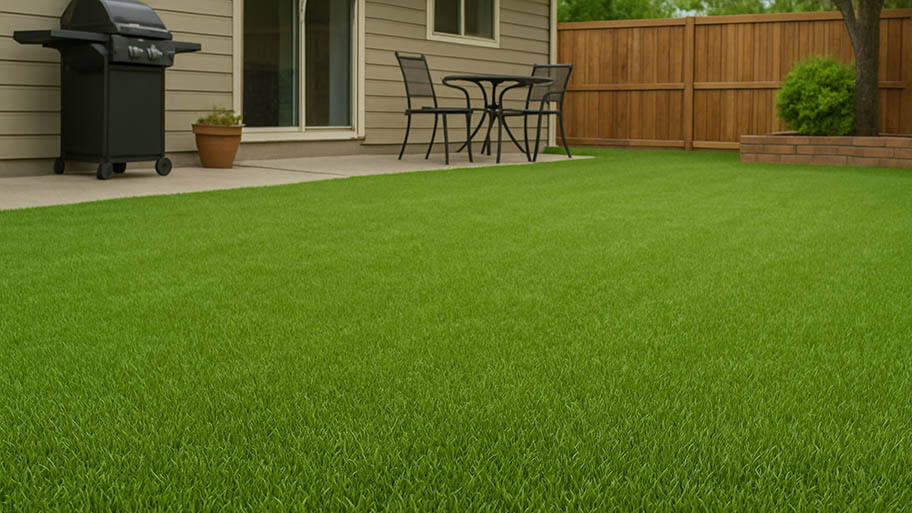
The cost to renovate your lawn depends on the extent of the damage. Our guide will show you how much lawn renovation costs.
Stop the stench


Instead of the welcome fragrance of a blooming perennial border, do dog odors assault your nostrils whenever you step into your backyard? While regularly hosing down and scooping up are your best lines of defense against the stench, there are other tactics you can also employ to keep your backyard from smelling like dog poop. Check out these tips for helping you to retain a sweet-smelling outdoor space.
It’s not rocket science—if you don’t get into the habit of picking up the dog poop in your yard regularly, the smells increase. More poops equal more odors, the longer they’re left, the more they ingrain on the surface, and when the temperatures rise, so do the whiffy wafts. Plus, the poop's high nitrogen levels can burn your lawn, and when it rains, the runoff can contaminate waterways.
If it’s not a job you relish, hire a local pooper scooper to come and do the job for you a few times a week.
Leaving your pooch’s business to soak into yard surfaces makes it tougher to get rid of the stinky smells. Porous concrete absorbs it readily, and dog urine can kill your lawn, creating ugly burn patches. Ideally, you’ll want to quickly hose down the area where your pup has pottied straight away. Use a bucket or watering can if you don’t have a hose.
Diluting the dog urine like this immediately best reduces the odors and helps to keep your lawn looking lush rather than lackluster. However, it’s not always practical to follow your pet around waiting for them to potty, so hosing down their regular pee spots once or twice a day is better than nothing. It’s also helpful for removing any leftover poop residue.

Male dogs and spraying cats often wee up against walls, fences, outdoor furniture, and other structures around the garden. When you're hosing things down, don’t forget to rinse these off too.
If you only have the time to do clean-up duties twice a day, focus on doing it at dawn and dusk. After rinsing things down in the morning, the natural disinfecting properties of the sun's UV rays help to further lift any remaining bacteria. By applying any odor-eliminating products at dusk, they have all night to work on reducing any lingering funky smells.
It’s important to do regular pet waste clean-up year-round, but even more so when the mercury rises. The heat and humidity of the summer months mean smells become more pungent, and bacteria flourish in these conditions. Plus, dog urine burns the grass more in the dry summer months when left to soak into the parched ground.
If your backyard smells like dog poop, you’ll want to take special care in the hotter months.

For more stubborn smells lingering on hardscaping, you could add soap and even vinegar and baking soda to the mix and scrub it into the surface with a hard-bristle brush. These pet-friendly options have natural cleaning and odor-eating properties.
When dog urine embeds into the ground surface, sometimes a rinse off with water isn’t enough, especially if it’s a porous hardscape like concrete. The uric acid found in urine isn’t water-soluble. If it’s left to soak into the surface for long enough, it can crystallize after evaporation occurs.
This creates a build-up of bacteria and concentrated ammonia that emits a pungent odor. Using a pet-friendly enzymatic odor eliminator is often the most effective option. When left to do their work, the enzymes in these cleaners break down the uric acid.
Dog urine sits on top of hard-baked, sun-scorched soil, and the smells are often more pungent. By turning the soil, you’ll not only allow the urine to soak into the ground where it better biodegrades and the smells will be less intense, but the soil will be healthier for your plants too.
With a little patience, consistency, and rewards, you can train your pet to potty in a specific area of your yard. Select a surface that’s easy to clean and won’t be damaged by the acidity of your dog’s urine (like a patch of artificial grass), and you’ll know to focus your hose down efforts on this “dog spot.”

Always note the “four Cs”: color, consistency, content, and coating. If you notice any dramatic or long-standing changes with your dog’s poop or they’re consistently very soft or hard, don’t delay in seeking advice from your veterinarian to rule out any issues.
This could contribute to your backyard smelling a little more pungent than necessary.
Pooper scoopers, scrubbing brushes, and poop bins are helpful tools for quick and convenient cleanup duties. But don’t forget to include tool sanitation as part of your regular cleaning regime. A scooper with dog poop residue left on it quickly becomes pretty funky when left sitting in the sun!
From average costs to expert advice, get all the answers you need to get your job done.

The cost to renovate your lawn depends on the extent of the damage. Our guide will show you how much lawn renovation costs.

Artificial grass is a low-maintenance alternative to traditional turf. Learn how much artificial grass installation costs and what affects your price.

The cost to reseed a lawn can vary depending on the size of your yard and the condition of the soil. We’ll help you figure out the true cost of reseeding or overseeding your lawn, along with whether or not you should hire a professional.

Discover the differences and similarities between these bahia and bermuda grass, which are two warm-climate grasses that excel under high-traffic conditions.

If you notice brown patches, thin blades, or weeds on your lawn, you should call a lawn care company. Here’s who to call for lawn problems.

Learn how to get rid of quack grass and keep it from returning once you discover how to identify it in your lawn. Read on to learn more.